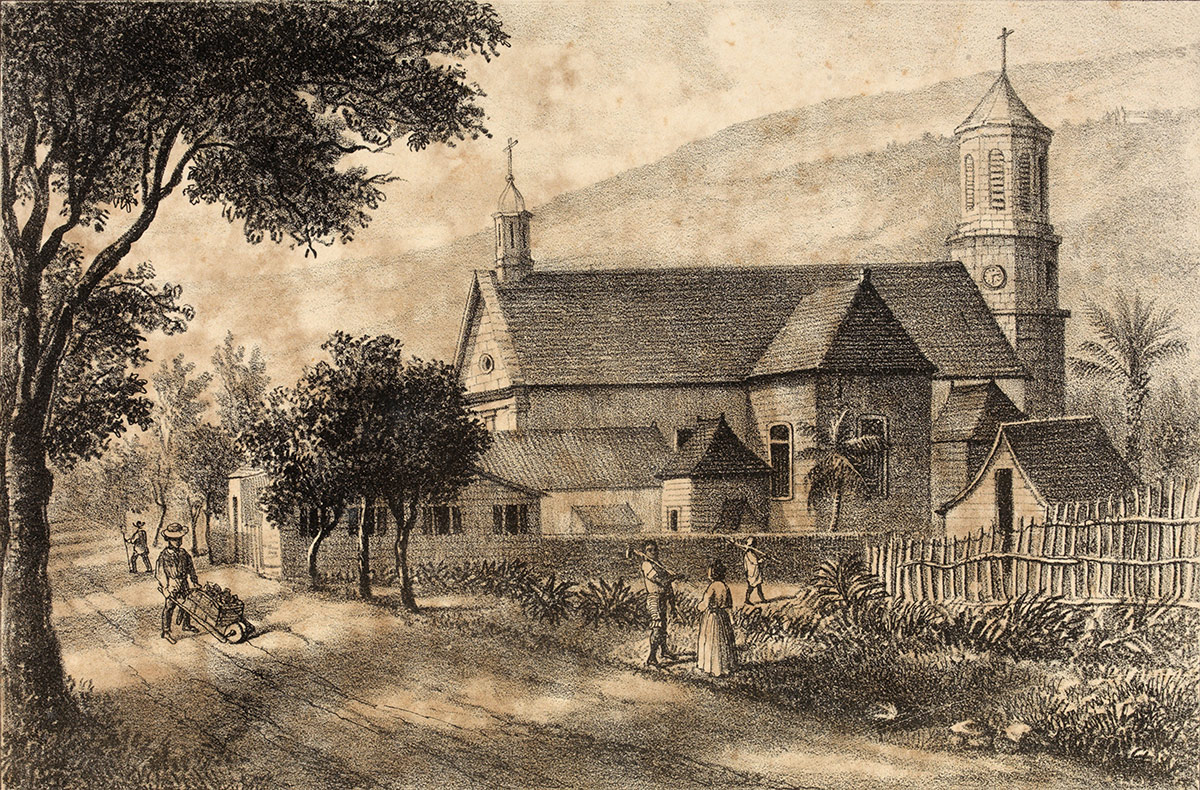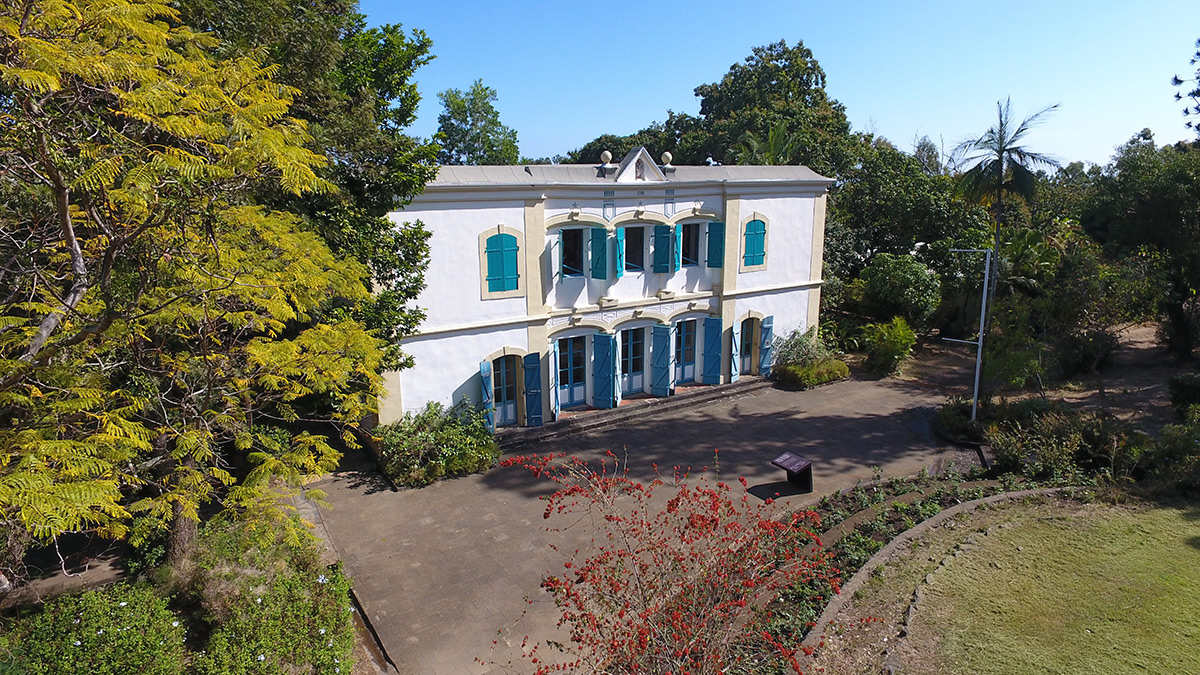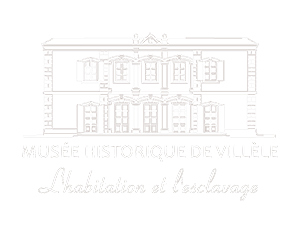Families sold as “national property” on Reunion island during the French Revolution
An article written by Nathan Elliot Marvin, historian at University of Arkansas at Little Rock.
In 1789, the Constitutive Assembly in Paris took possession of all property belonging to the Catholic Church in France. In the colonies, such property included thousands of slaves living on estates belonging to or managed by religious bodies.

Collection of Léon Dierx art gallery, inv. 1984.07.04.14
In 1793, on Reunion island, over 300 slaves owned by Lazarist priests were declared to be “national property” and sold at public auctions under the direction of a civil commissioner for the First Republic of France.
The present article examines the experiences of these persons, focusing on their daily lives in “curial estates” preceding the period of the French Revolution, their acts of resistance and their efforts to maintain family links despite being forcibly sold.






